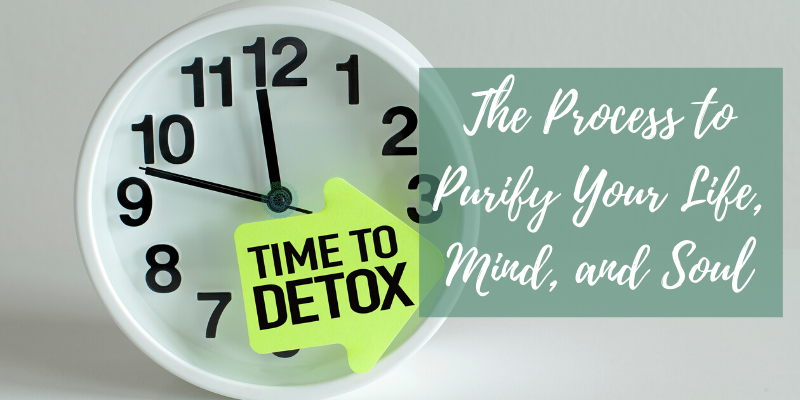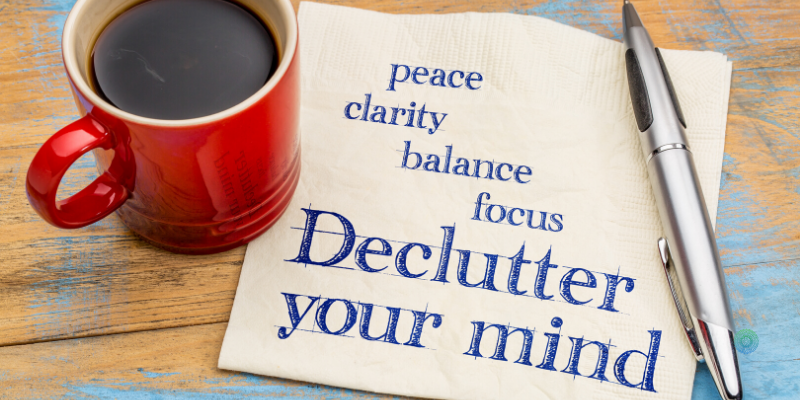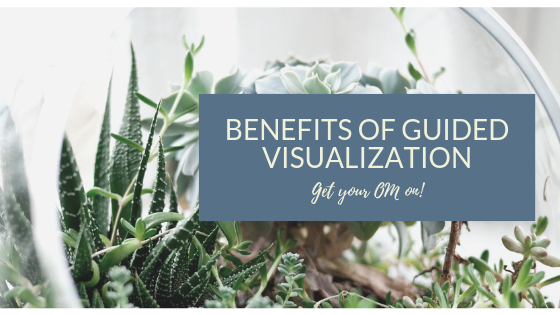Detox is needed by the human body. Today’s environment, as well as highly processed foods, contain toxins that are destructive to the immune system. These toxins are any substances which creates harmful and irritating effects to the human body. It can undermine our health by stressing our organs or biochemical functions.
Such alarming results are due to the side effects of taking any forms of drugs (prescription or over-the-counter) or changes in the physiology patterns that are normally different from the usual functioning. These free radicals usually irritate, inflame, age, and degenerate body tissues. Negative ethers, spiritual and psychic influences, negative emotions, and thought patterns are also considered as toxins. All of it stresses the body causing changes in normal physiology that produces specific symptoms.
Your Body Needs Balance
Keep in mind that the body needs to function in balance. However, it can be disturbed when the body takes in more than what it can eliminate or utilize. Toxicity then occurs. It’s dependent on the frequency, potency, or dosage of the present toxins. It can produce rapid or immediate occurrences of symptoms as been displayed by some drugs and several pesticides.
The imbalance being caused by these toxins can be distressful to your life which disrupts you of a sound mind and a good soul. Detoxing is very helpful so that you can purify your body from these harmful toxins regaining your beautiful outlook in life.
Detox Your Entire Being
Detox, also called detoxification, occurs on various levels. Physically, it’s a process that can help in clearing illnesses, congestion, and potential diseases improving the body’s energy. Many detoxification processes are helpful in rejuvenating the body and preventing degeneration.
Detoxification of the mind is important. Cleansing the minds from negative patterns can improve the health of a person. Physical detoxification can also alleviate mental stress. It also helps in terms of emotional aspects of the person where he or she can express and uncover feelings particularly hidden anger, frustrations, fear, or resentments, and later on replace it with love, forgiveness, hope, and joy.
Cleansing processes can also enhance the purpose of a person about how they view life on a more spiritual level. Light detoxification within a few days can help us feel better while a longer detox process can allow a deeper commitment on eating better diets and eliminating abusive habits.
Body detox is a portion of the transformational medicine which instills changes in various levels. Evolution and change are the keys to a person’s healing. Enhancing elimination can help in dealing with and clearing problems from the past, childhood as well as parental patterns, relationship or job stress. Toxic build-up elimination can make a person feel lighter and experience a new horizon of the future.
Daily Detox Habits
Supporting your body’s detoxification can be done in simple ways.
- Drinking extra quarts of water each day is good in eliminating more toxins.
- Eating more cleansing foods, vegetables and fruits with higher contents of water, and less protein foods are helpful in reducing congestion problems.
There are other levels of progressive detox diets ranging from simple diets to total fasting. However, don’t over detoxify yourself. Extreme fasting, enemas, diuretics, colonics, laxatives, and exercise can start losing the body’s essential nutrients. This also results to a negative balance where mineral-vitamin deficiencies occur which can cause problems in the future. Never forget to maintain the balance to have a better life.





